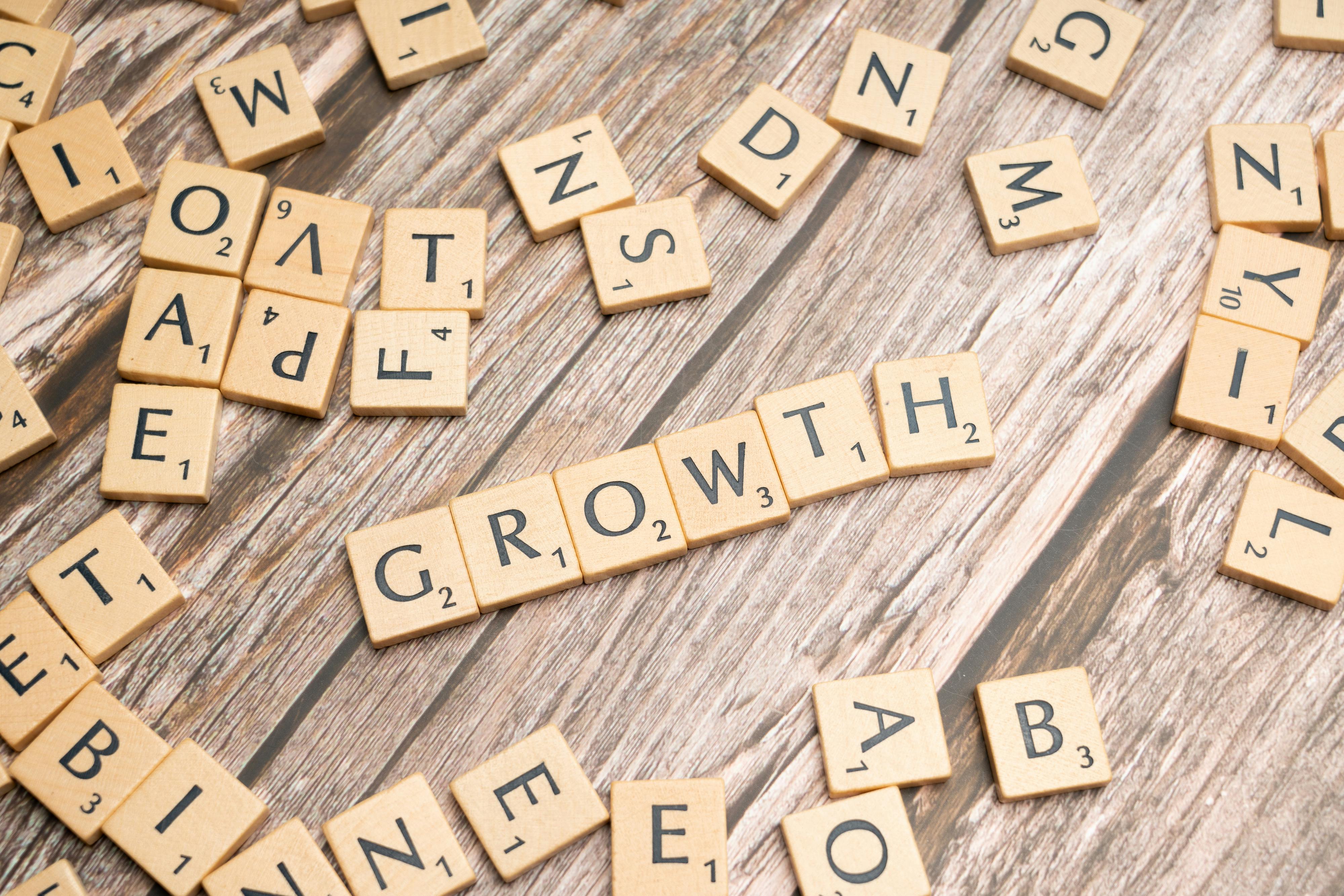Dissecting the Subtle Transformations: Societal Shifts through Language Evolution
In a world where change is the only constant, one of the most subtle yet profound transformations occurs within our language. Read below to delve deeper into the fascinating interplay between societal shifts and language evolution. Language is not merely a tool for communication. It is a mirror reflecting societal values, norms, and changes. From the time the first languages were spoken to the contemporary era of emojis and internet shorthand, language has evolved in tandem with society. This co-evolution offers a unique perspective to understand human behavior and societal transformation.

Tracing the Roots: Historical Perspective
Historically, language evolution has been driven by migrations, invasions, and cultural exchanges, resulting in the birth of new languages and dialects. The Roman conquests, for instance, spread Latin across Europe, which later evolved into the Romance languages. Similarly, the colonial era saw the dispersion of European languages, particularly English, Spanish, and French, to different parts of the world. These historical shifts not only diversified global language landscape but also influenced societal structures and cultural practices.
Modern Linguistic Shifts: A Reflection of Changing Times
Today, language evolution is shaped by technological advancements, globalization, and social movements. The rise of digital communication has introduced new words, abbreviations, and symbols into our lexicon. Phrases like ‘google it’, ‘tweet’, and ‘hashtag activism’ are products of our digital age. Moreover, globalization has fostered multilingualism and code-switching, reflecting a more interconnected world. Simultaneously, social movements advocating for gender neutrality and inclusivity have influenced language, pushing for the use of gender-neutral pronouns and terms.
The Societal Implications: Language as an Agent of Change
While language evolution mirrors societal shifts, it also acts as an agent of change. By introducing new terms and discarding outdated ones, language can challenge stereotypes, promote inclusivity, and shape public opinion. The use of ‘Ms.’ instead of ‘Miss’ or ‘Mrs.’ empowers women by not defining them by their marital status. Similarly, the recognition of ‘they’ as a singular pronoun acknowledges non-binary identities, fostering a more inclusive society.
Sociological Insights: The Future of Language Evolution
As society continues to evolve, so will our language. Predicting specific changes can be challenging, but experts suggest that the increasing influence of technology, growing awareness about inclusivity, and the continual intermingling of different cultures will remain major drivers of language evolution. As we navigate this constantly shifting linguistic landscape, it is essential to understand and appreciate the powerful role language plays in our societal fabric.
In conclusion, language evolution offers a unique lens to understand and anticipate societal shifts. By dissecting these linguistic transformations, we can gain valuable insights into our past, comprehend our present, and envision our future.




